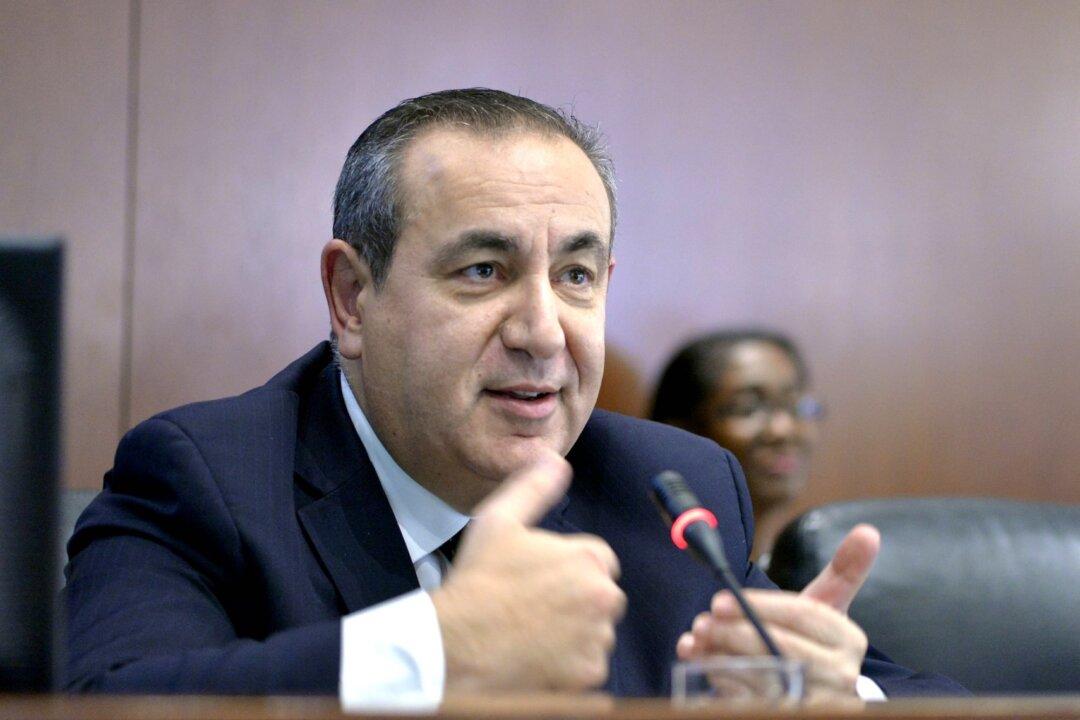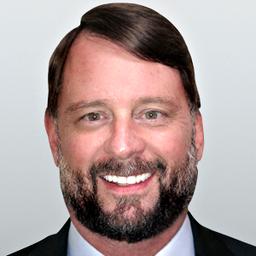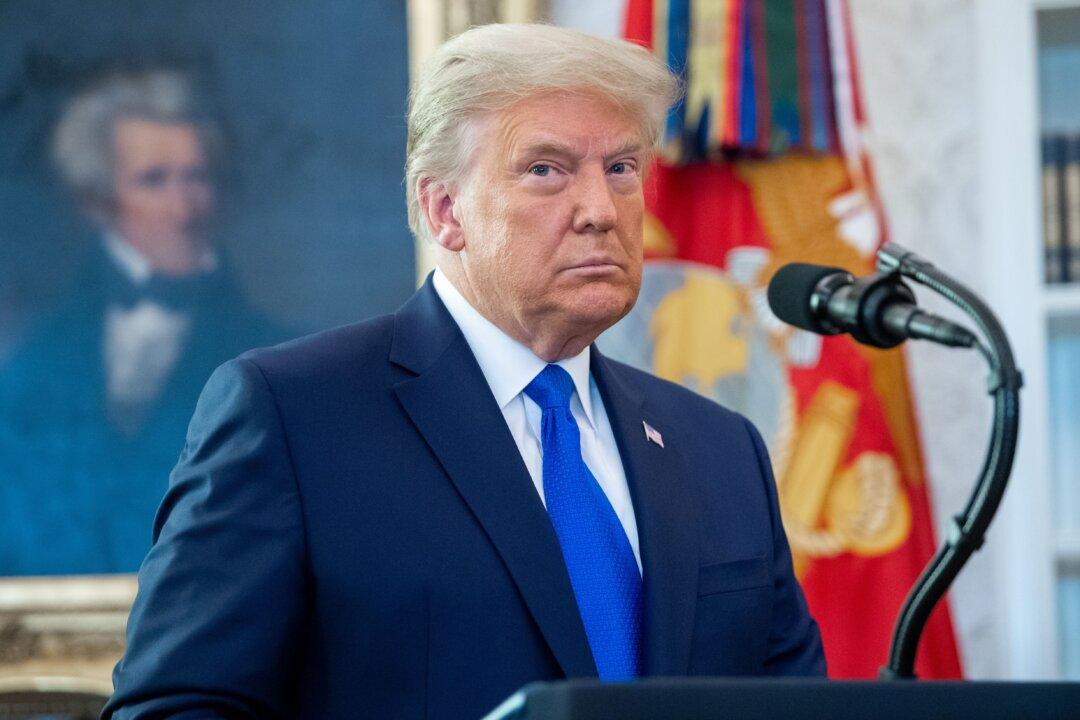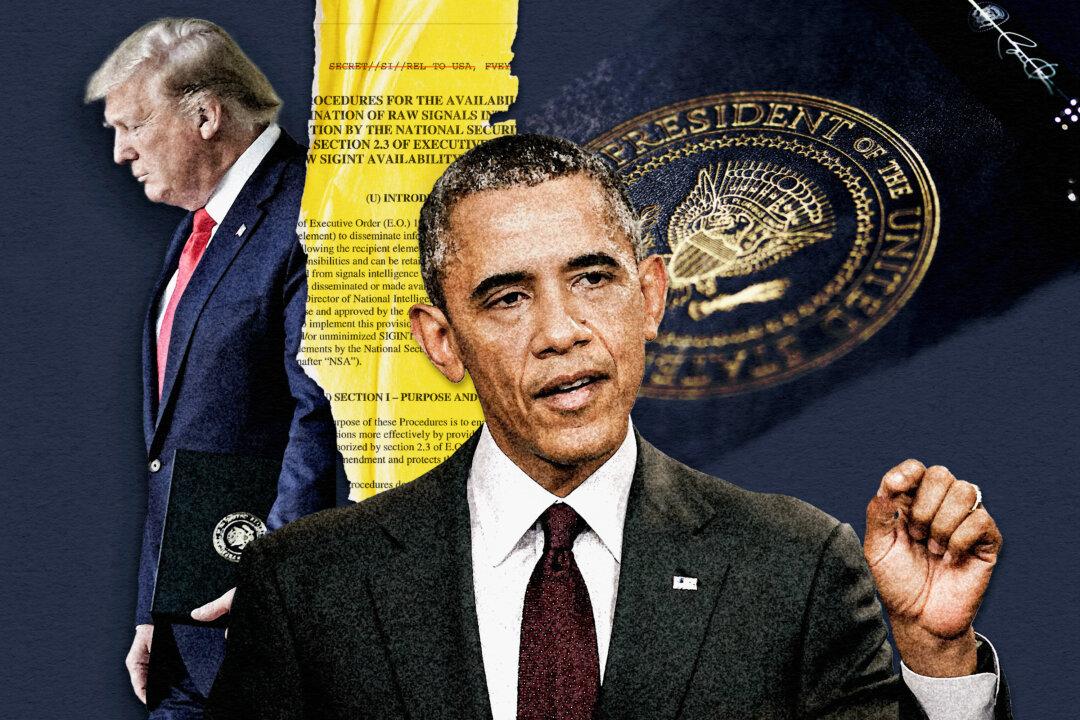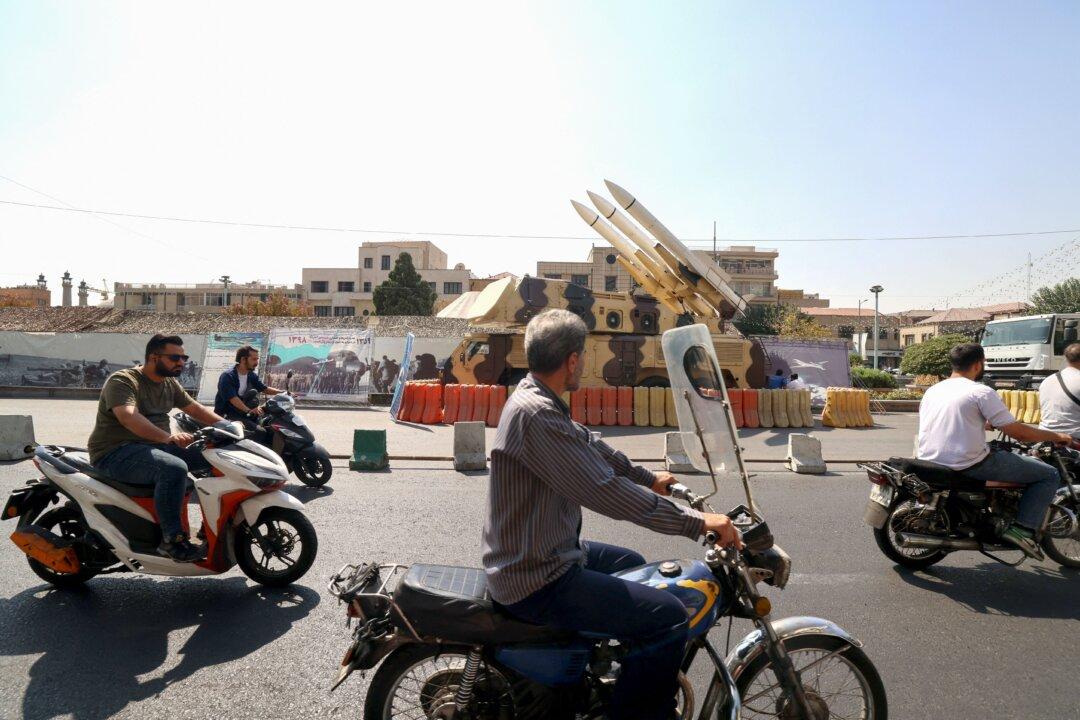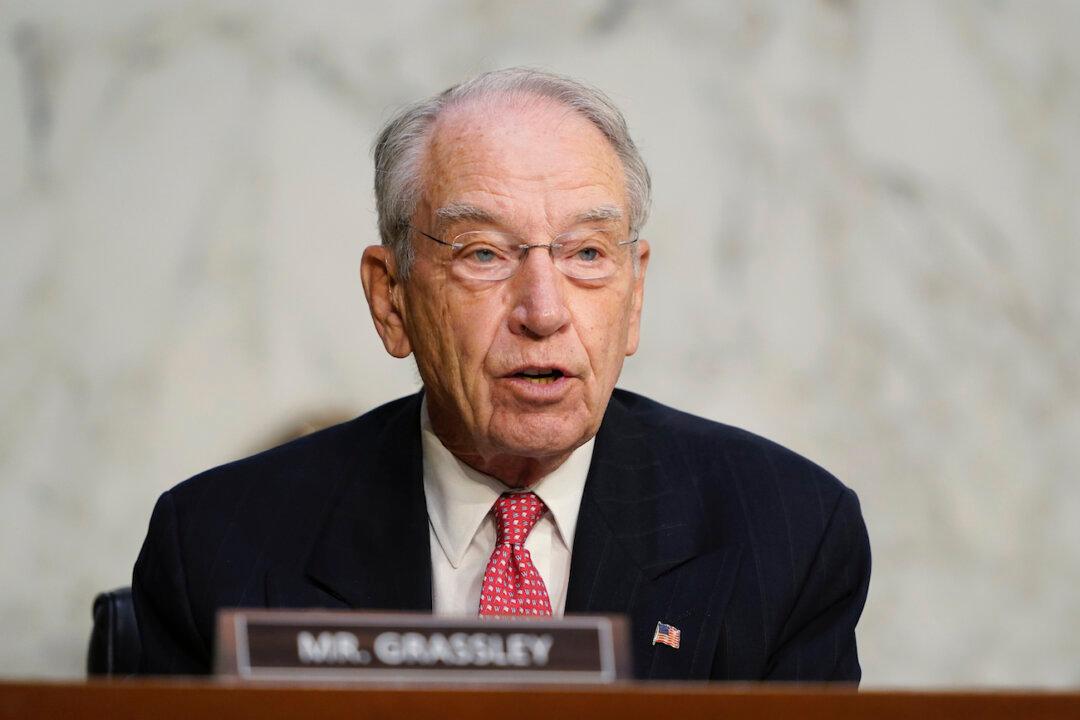John Durham, the U.S. Attorney for Connecticut tasked with investigating the origins of the FBI’s probe into the Trump campaign, has obtained two cell phones belonging to Maltese professor Joseph Mifsud.
Mifsud, who disappeared from public view shortly after his name was outed in the media in 2017, has been cited as having played a key role in events that led the FBI to investigate the Trump campaign. The news of the cell phones was first made known in an Oct. 15, 2019, filing by Sidney Powell, the attorney for Trump’s former national security adviser, Lt. Gen. Michael Flynn. In the motion, she requested that the U.S. Government be ordered to “produce evidence that has only recently come into its possession.”
